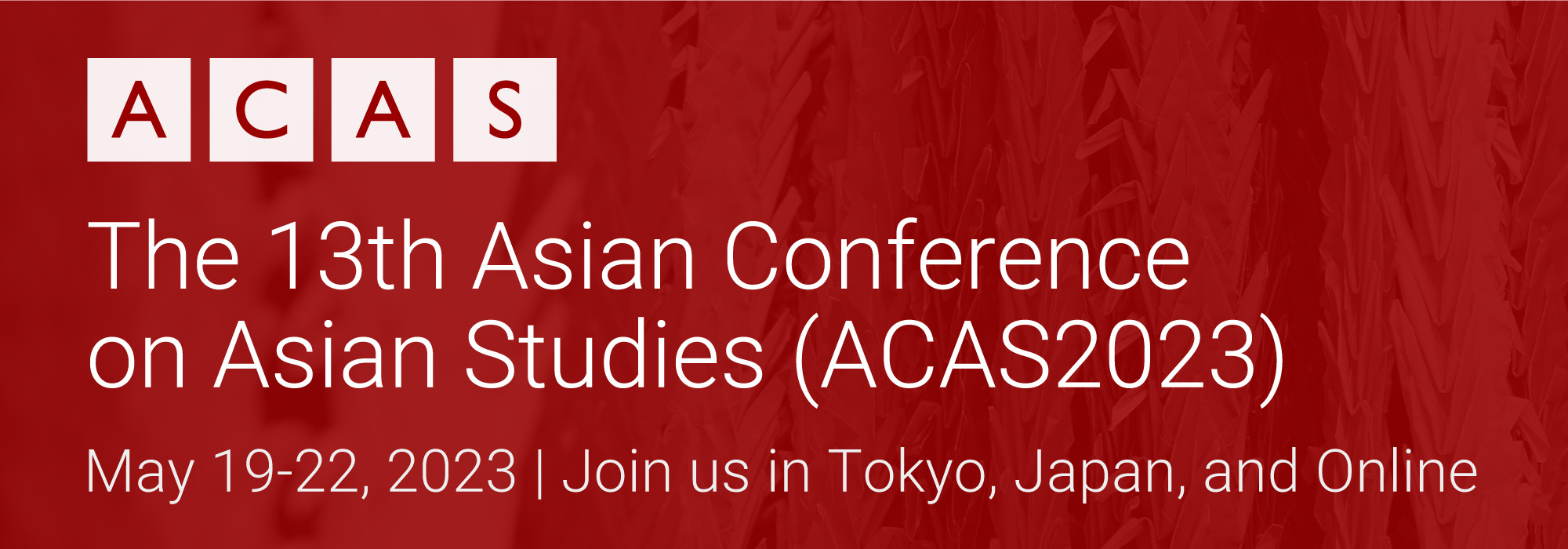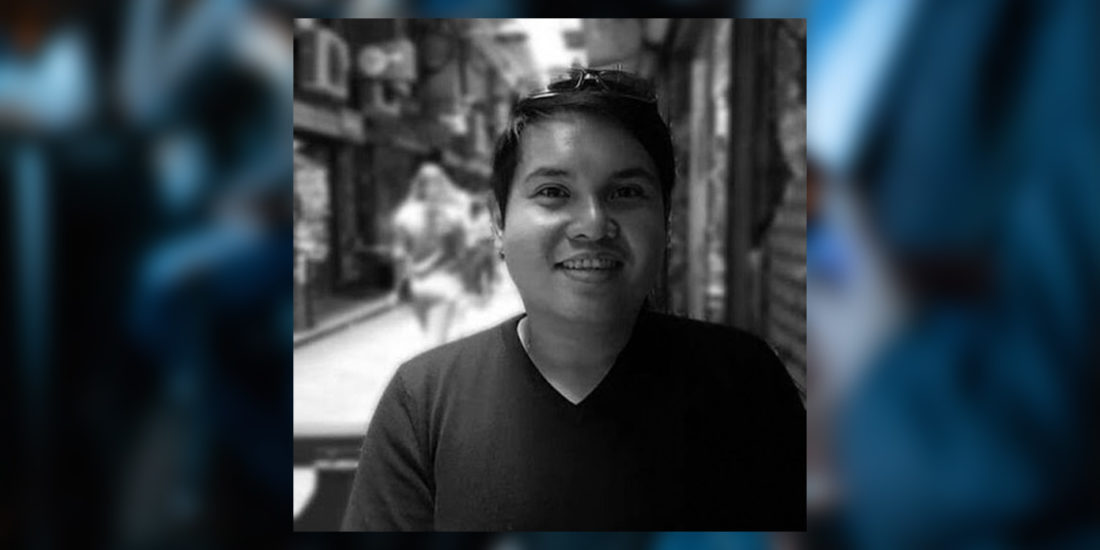Earvin Charles Cabalquinto of Deakin University, Australia, has joined The 12th Asian Conference on Asian Studies (ACAS2022) and The 12th Asian Conference on Cultural Studies (ACCS2022) on the panel for “Digital Journeys: Refugees, Migration, Media”.
Laavanya Kathiravelu of Nanyang Technological University, Singapore, and Koen Leurs of Utrecht University, Netherlands, have also been chosen to discuss this topic. Follow the conference website and social media pages (Facebook / Twitter) for more information.
To participate in ACAS/ACCS2022 as an audience member, please register for the conference.
The panel presentation will also be available for IAFOR Members to view online. To find out more, please visit the IAFOR Membership page.
Speaker Biography
Earvin Charles Cabalquinto
Deakin University, Australia
 Dr Earvin Charles B. Cabalquinto is Lecturer in Communication at Deakin University, Australia. He is also a member of the Alfred Deakin Institute for Citizenship and Globalisation at Deakin University. He is an Honorary Visiting Fellow in the Humanities Research Centre at the Australian National University. His expertise lies in the intersecting field of digital media, (im)mobilities and migration research. His research has been published in top-notch journal publications and specialised edited book collections. He is the author of the book (Im)mobile Homes: Family Life at a Distance in the Age of Mobile Media (2022), published under the Studies in Mobile Communication series of Oxford University Press (OUP). He is also the author of Philippine Digital Cultures: Brokerage Dynamics on YouTube, a forthcoming collaborative book under Amsterdam University Press (AUP). His current project interrogates the consequences of digital divide in Australia by examining the everyday digital media practices of older adults from Culturally and Linguistically Diverse (CALD) backgrounds during and beyond pandemic times. He sits on the editorial board of the International Journal of Cultural Studies. He is also the social media editor of the Asian Journal of Communication.
Dr Earvin Charles B. Cabalquinto is Lecturer in Communication at Deakin University, Australia. He is also a member of the Alfred Deakin Institute for Citizenship and Globalisation at Deakin University. He is an Honorary Visiting Fellow in the Humanities Research Centre at the Australian National University. His expertise lies in the intersecting field of digital media, (im)mobilities and migration research. His research has been published in top-notch journal publications and specialised edited book collections. He is the author of the book (Im)mobile Homes: Family Life at a Distance in the Age of Mobile Media (2022), published under the Studies in Mobile Communication series of Oxford University Press (OUP). He is also the author of Philippine Digital Cultures: Brokerage Dynamics on YouTube, a forthcoming collaborative book under Amsterdam University Press (AUP). His current project interrogates the consequences of digital divide in Australia by examining the everyday digital media practices of older adults from Culturally and Linguistically Diverse (CALD) backgrounds during and beyond pandemic times. He sits on the editorial board of the International Journal of Cultural Studies. He is also the social media editor of the Asian Journal of Communication.
Abstract
Digital Journeys: Refugees, Migration, Media
The contemporary mobilities, experiences, cultural belonging, identifications and dis-identifications, power relations as well as contexts for migrants, refugees, internally displaced persons and others, involves significant reliance on and imbrication with digital media. Over many centuries, moving elsewhere, to escape persecution, to pursue a better life, or seek work or education, to find connection or community with family, friends, and others, has importantly involved a wide range of communication and media.
In recent times, letter writing, messages, gifts, electronic media, cultural participation and consumption at a distance (for instance, via video tapes of television programs), have been interlaced with increasingly prevalent forms of digital media, technologies, and platforms. The smartphone, social media, and apps have become a by-word for this, and constitute sites of struggle, control, resistance, as well as sharing, belonging, and cultural safety and survival. Digital media literacy has now become a crucial, rich resource in reframing migration and refugee issues. During the past two and a half years of the COVID-19 pandemic, the digitalization of society, and the new kinds of immobilities and spatial and other injustices created have only accentuated migration’s digital turn.
In this panel, we hear from leading practitioners and scholars in the burgeoning area of digital migration, refugee, and mobilities work.

